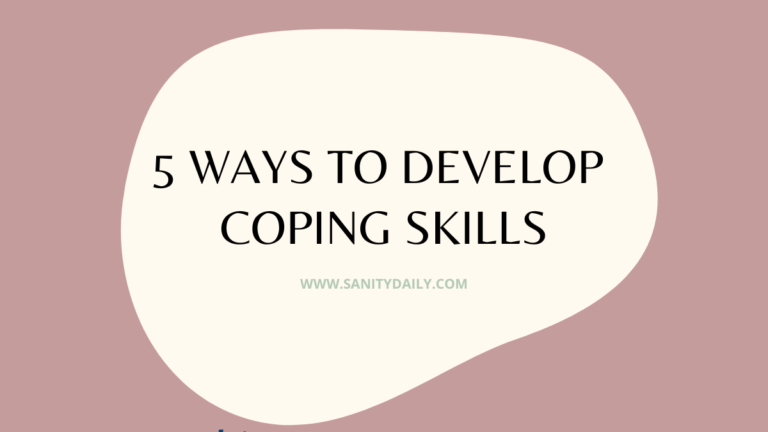What is Anhedonia? It is very common for individuals with mental health concerns to feel a lack of interest to do anything. They are more likely to be less motivated to engage in activities that used to interest them in the past, even if something good happens in their life, they may have difficulty in experiencing pleasure.
This is called Anhedonia in medical terms. Anhedonia is one of the common symptoms of Depression.
However, it is also present across various psychiatric diagnoses like Schizophrenia (in the form of negative symptoms), substance use, and organic brain damage.

13 Ways to deal with Anhedonia
Anhedonia affects the individual at multiple levels. Their daily functioning, work-related performance, quality of personal relationships, overall quality of life of the individual.
Hence effective intervention for anhedonia will have a great impact on improving the quality of life of various individuals.
Here are a few ways to deal with Anhedonia:
- Time tracker: Here you should maintain a log of how do you spend your entire day. This will give you some clarity about where your time is spent and how to effectively make use of it.
- Worry time: In many cases, the time might be wasted by worrying about different things. It is better to have a specific time period allotted to worry about things. If you find yourself worrying about something outside this worrying time, you should stop yourself and postpone your worry for your worry time.
- Make a list of pleasure and mastery activities: Pleasure activities are basically ones that you do and you feel good/happy about it. for example dancing, singing, reading novels and other hobbies. Mastery activities are the ones that give you a sense of competence. For Eg: doing an assignment, making notes for a presentation, solving puzzles, etc.
- Schedule: Have a schedule for each day and make sure that you add activities from the pleasure and mastery activities list to your everyday routine.
- Reinforce yourself: When you are able to stick to your schedule, able to successfully do one mastery activity, then reward yourself. The reward can be anything that you like and afford. For example: eating good food, buying tickets to watch movies, etc.

- Have a buddy: When you have anhedonia, you may need someone to push you to stick to the schedule and keep you company. So choose a buddy who can support you through this journey. This buddy can be your family member, friend, partner, or anyone.
- Involvement in physical activity: Involving in physical activity like exercising, jogging, etc is associated with an increase in positive emotions among individuals.
- Spend more time outside: Research has shown that spending more time outside especially surrounded by trees and in the presence of sunlight. Increased exposure to sunlight has been associated with a reduction in negative emotions. Also spending time amidst trees and other natural sceneries will enhance their connection with the greater universe.
- Increased social interaction: The more you interact with people, the more you will feel stimulated and motivated. However, it is important that the people you choose to spend time with are understanding and caring towards you.
- Music: Listening to low-frequency instrumental music has been associated with positive emotions and activating the brain’s reward system.
- Rate the activities: in anhedonia individuals won’t be able to look forward to anything. So when you plan to do an activity next week there are chances that you are not really looking forward to it. Before the activity rate how much you think you will enjoy the activity and after the activity, rate how much you actually enjoyed the activity. This pre and post-rating will help you to see the progress that you are making and also to identify activities that you enjoy the most.
- Renew your schedule: Every week add something new to your daily schedule. It can be as simple as trying a new route to your office from home to visiting a new picnic spot. Adding variety helps the brain to enjoy the activity more.
- Seeking help: If none of the strategies mentioned above helped you or if you feel you need help, do not hesitate to reach for online mental counseling.

Lincy Benny is a Clinical Psychologist who graduated from the National Institute of Mental Health And Neuro Sciences (NIMHANS), Bengaluru. Predominantly worked with the adult population with several psychological concerns. As a therapist, she follows a collaborative approach and tailor-made an intervention plan for each client. Apart from being a Psychologist, she is also interested in exploring new places and creative writing.




